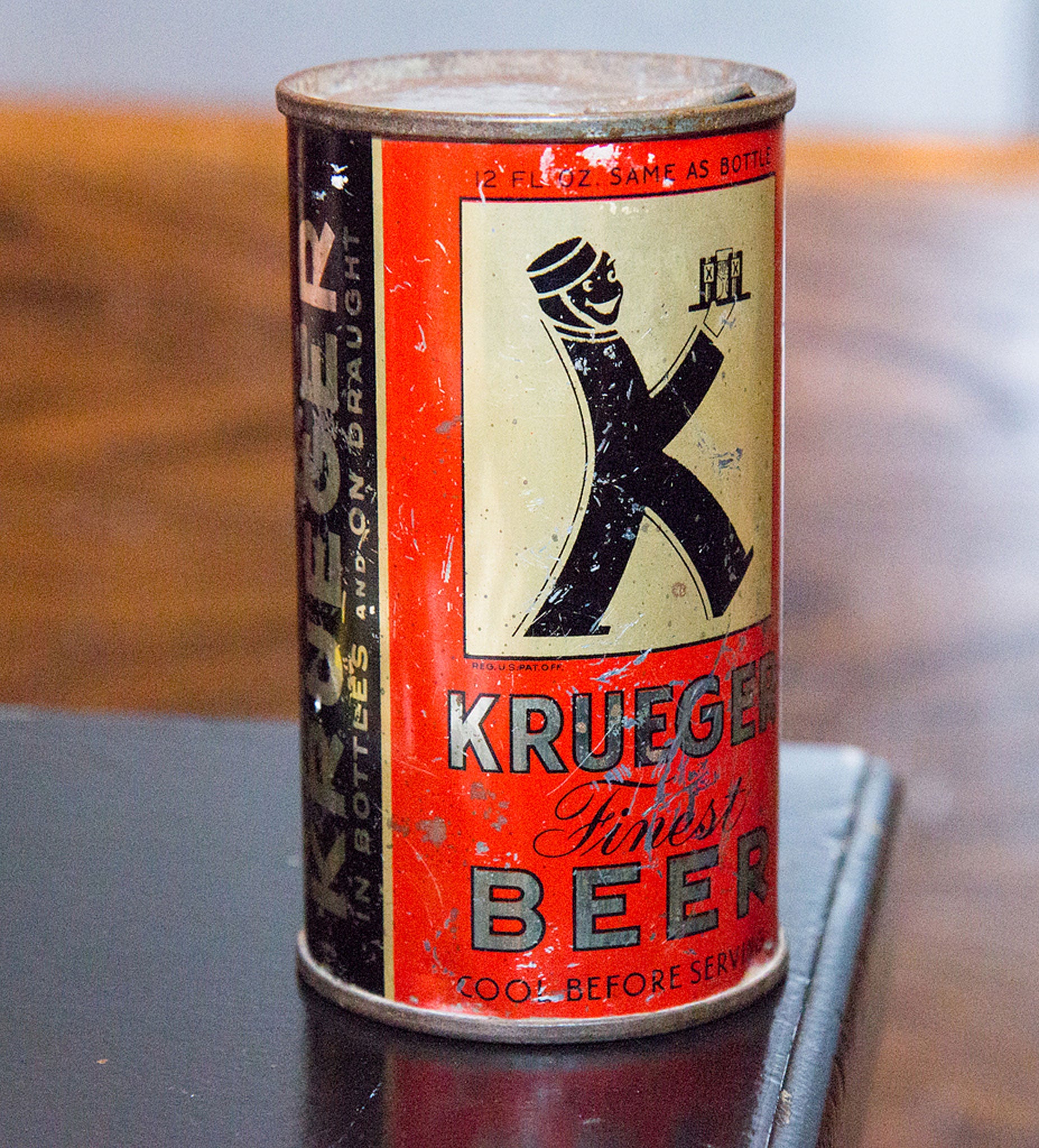Rhodri Marsden's Interesting Object: The beer can

* Shake it up and spray it all over your best mate while shouting, because today marks the 80th anniversary of the sale of the first can of beer. Laughable beer canning experiments had taken place in the USA since 1905 – usually concluding with a small explosion – but prohibition kicked the problem down the road, giving the canning industry a chance to work on a solution. By the early 1930s, the American Can Company decided that the world was finally ready.
* The beer industry, however, wasn't. The advantages of cans were plentiful: cheaper to transport, no rigmarole of returnable bottles and, arguably, the beer kept better. But beer drinkers are a fickle bunch. The Newark-based G Krueger Brewing Company eventually agreed to conduct a trial in 1933; 2,000 cans of its Special Beer were sent to associates of the firm, along with a questionnaire. It scored a 91 per cent approval rating, but Krueger, forgive the pun, bottled it.
* The following year, the American Can Company offered to install canning machinery for Krueger on a no-win, no-fee basis: if the experiment failed, they'd uninstall the machinery for no charge. Krueger relented, choosing the city of Richmond, Virginia – 300 miles away – as a testing ground, not wanting to alienate local drinkers. But the experiment was hugely successful and, as recognition of this, the figure that appeared on Krueger's cans (Mr K) was redrawn with an enormous grin.
* By the end of that year, 36 American brewers were selling canned beer. In the UK, Felinfoel Brewery were the pioneers; on 3 December 1935, the Llanelli & County Guardian ran a headline, 'Canned Beer Arrives', heralding the innovation and the potential boost to the local tinplate industry. Every employee of the brewery and the tin works was given a free can to celebrate. Cheers!
Join our commenting forum
Join thought-provoking conversations, follow other Independent readers and see their replies
Comments